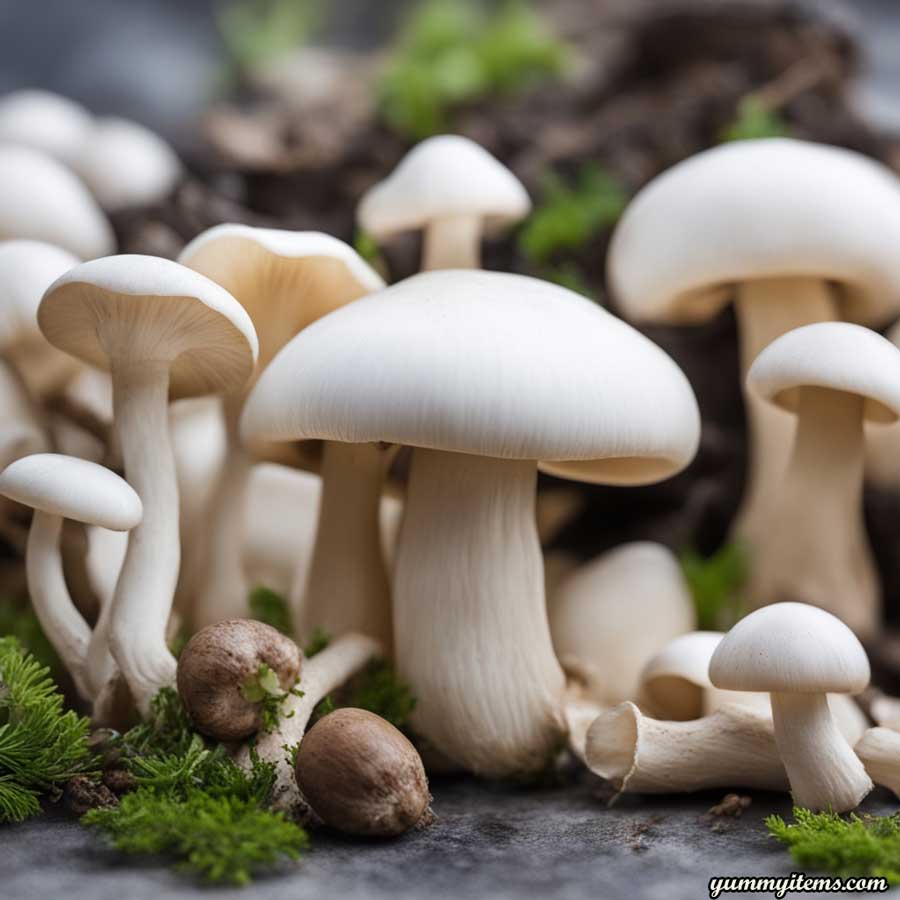White mushrooms, also known as button mushrooms, are a popular choice in the culinary world. Their mild flavor and versatile nature make them a staple in various dishes. But beyond their delicious taste, are white mushrooms good for you? In this comprehensive blog, we will delve into the nutritional profile of white mushrooms, explore the advantages and disadvantages of consuming them, and address specific questions about eating them raw or fried.
Chapter 1: Nutritional Profile of White Mushrooms
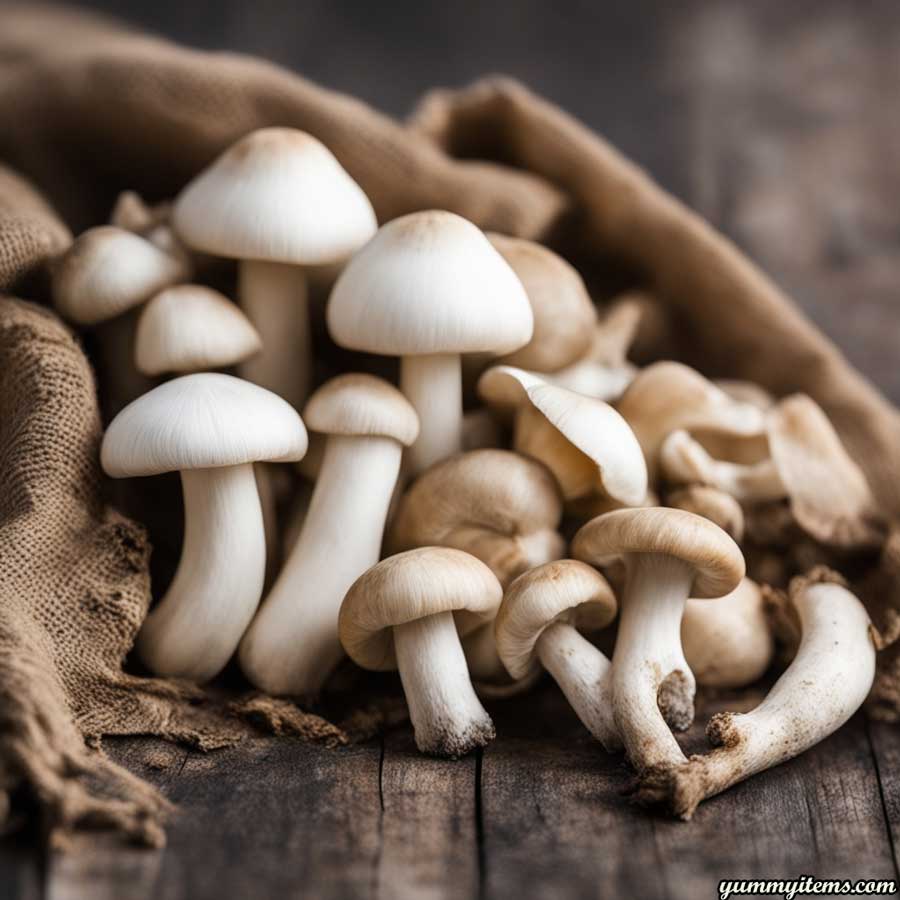
White mushrooms, scientifically known as Agaricus bisporus, are low in calories but rich in essential nutrients. Here’s a breakdown of the nutritional content of 100 grams of white mushrooms:
White Mushroom Calories (100g): White mushrooms are incredibly low in calories, with just about 22 calories per 100 grams. This makes them an excellent choice for those looking to maintain or lose weight.
Vitamins: White mushrooms are a good source of various vitamins, including B vitamins such as riboflavin (B2), niacin (B3), and pantothenic acid (B5). These vitamins play crucial roles in energy metabolism and overall health.
Minerals: They contain essential minerals like selenium, copper, and potassium. Selenium is known for its antioxidant properties, which can help protect cells from damage.
Protein: White mushrooms contain a modest amount of protein, making them a suitable option for vegetarians and vegans.
Dietary Fiber: These mushrooms are a decent source of dietary fiber, which aids in digestion and may contribute to a feeling of fullness.
Chapter 2: The Advantages of Consuming White Mushrooms

- Low in Calories: As mentioned earlier, white mushrooms are incredibly low in calories, making them an ideal choice for calorie-conscious individuals.
- Nutrient-Rich: They are packed with essential vitamins and minerals, particularly B vitamins and selenium, which are vital for maintaining good health.
- Antioxidant Properties: The presence of selenium and other antioxidants in white mushrooms may help protect your cells from oxidative stress, reducing the risk of chronic diseases.
- Immune System Support: The beta-glucans found in mushrooms have been linked to enhanced immune function, potentially reducing the likelihood of infections.
- Weight Management: Due to their low calorie and high fiber content, white mushrooms can be an effective addition to weight loss or management plans.
- Cardiovascular Health: The potassium content in mushrooms can contribute to maintaining healthy blood pressure levels, reducing the risk of heart disease.
- Gut Health: The dietary fiber in mushrooms supports a healthy digestive system by promoting regular bowel movements and feeding beneficial gut bacteria.
- Cancer Prevention: Some studies suggest that compounds in white mushrooms may have anti-cancer properties, although more research is needed in this area.
Chapter 3: Disadvantages of Eating Mushrooms
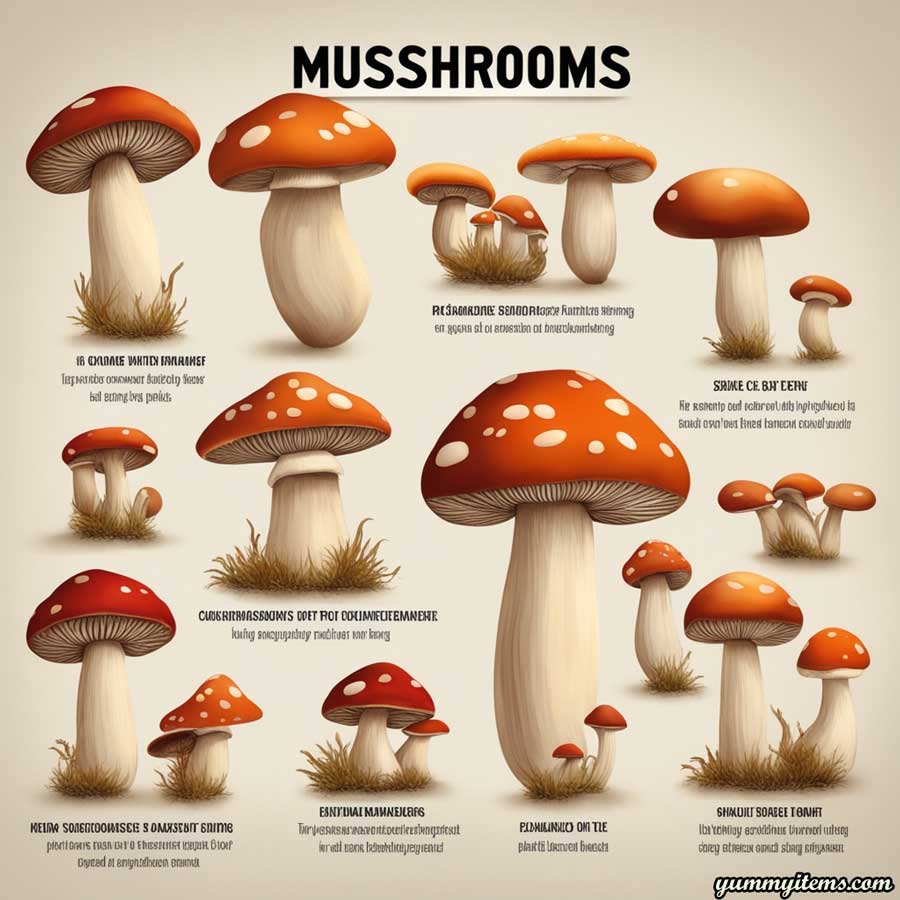
While white mushrooms offer numerous health benefits, it’s essential to be aware of potential disadvantages and risks associated with their consumption:
- Allergic Reactions: Some individuals may be allergic to mushrooms, leading to adverse reactions ranging from mild digestive discomfort to severe anaphylaxis.
- Toxins in Wild Mushrooms: Eating wild mushrooms can be dangerous, as some species contain toxins that can cause poisoning or even be fatal. Stick to commercially grown mushrooms to avoid this risk.
- Digestive Issues: For some people, consuming large quantities of mushrooms can lead to digestive problems such as gas, bloating, or diarrhea.
- Medication Interactions: If you are taking medication, particularly blood thinners, consult your healthcare provider before consuming mushrooms, as they contain vitamin K, which can affect blood clotting.
Chapter 4: Eating White Mushrooms Raw vs. Cooked
Are white mushrooms good for you when consumed raw? While cooking mushrooms can enhance their flavor and texture, eating them raw has its own advantages:
- Nutrient Retention: Raw mushrooms may retain more of their nutritional value, including heat-sensitive vitamins like B2 and B3, compared to cooking methods that can degrade these vitamins.
- Digestive Enzymes: Raw mushrooms contain natural enzymes that can aid in digestion, potentially reducing the risk of digestive discomfort.
- Freshness: Eating mushrooms raw allows you to enjoy their natural, earthy flavor and crisp texture, which can be appealing in salads and appetizers.
- Cooking Benefits: On the other hand, cooking mushrooms can enhance their taste, make them more digestible, and eliminate any potential harmful microorganisms or toxins.
- Personal Preference: Whether you choose to eat mushrooms raw or cooked ultimately depends on your taste and dietary preferences.
Chapter 5: Button Mushroom Benefits and Side Effects
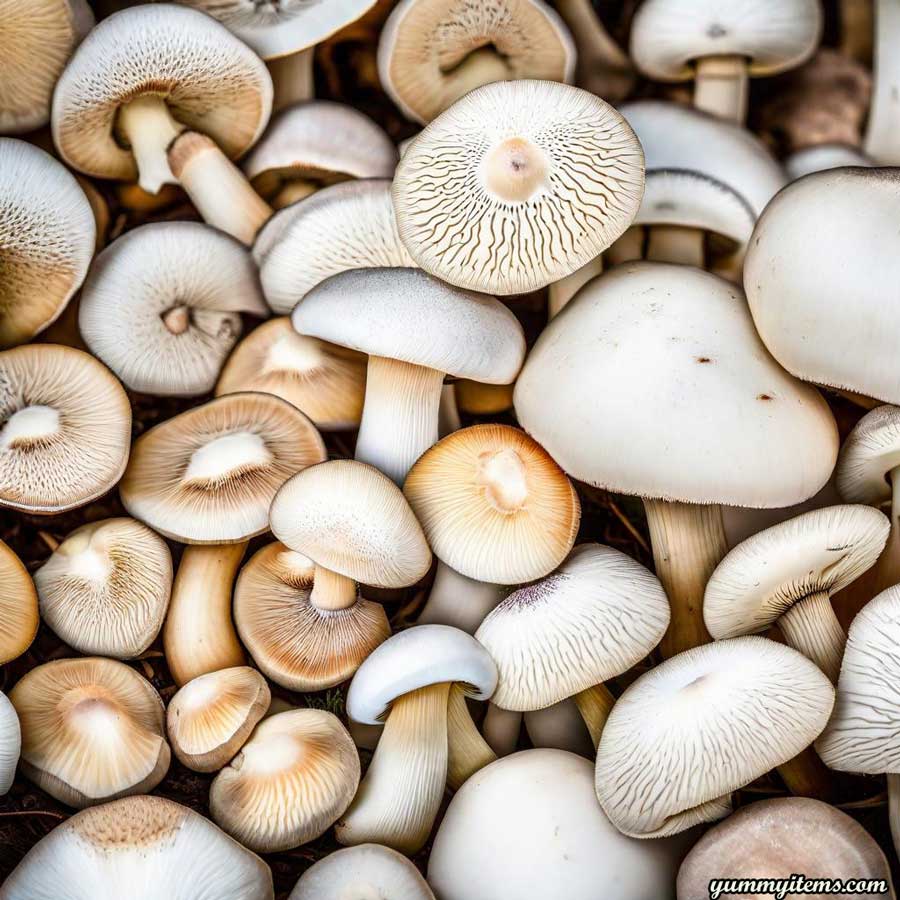
Button mushrooms, a specific type of white mushroom, have their own set of benefits and potential drawbacks:
Benefits of Button Mushrooms:
- Rich in Antioxidants: Button mushrooms are a good source of antioxidants, which can help combat oxidative stress and inflammation.
- Immune Support: The beta-glucans in button mushrooms may boost immune function, aiding in the body’s defense against infections.
- Heart Health: Button mushrooms can contribute to heart health by promoting healthy cholesterol levels and reducing blood pressure.
Side Effects of Button Mushrooms:
- Allergic Reactions: Like other mushrooms, button mushrooms can trigger allergic reactions in some individuals.
- Sensitivity to Sunlight: Some people may experience sensitivity to sunlight (photosensitivity) after consuming large quantities of button mushrooms.
Chapter 6: Exploring Reddit’s Perspective
To get a broader perspective on the topic, let’s explore what Reddit users have to say about white mushrooms. Reddit is known for its diverse community and a wide range of opinions. While it’s essential to take individual anecdotes with a grain of salt, Reddit can provide insights into people’s experiences and beliefs.
Chapter 7: Are Fried Mushrooms Good for You?
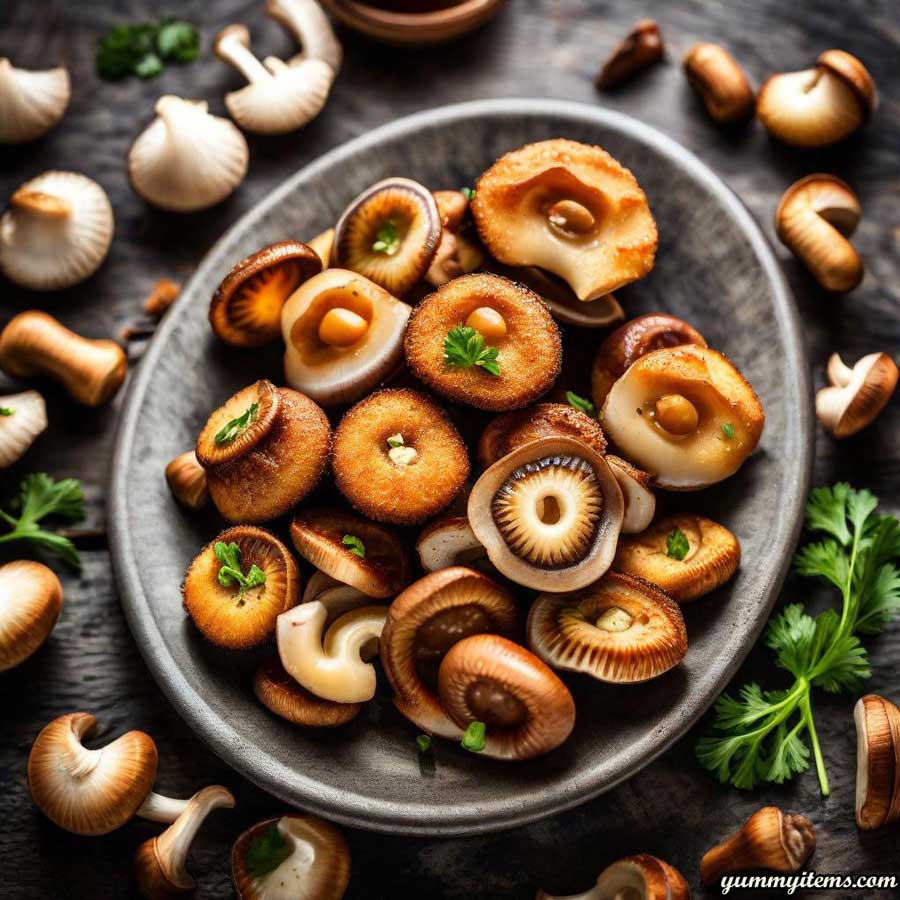
Fried mushrooms, a popular appetizer, can be delicious, but are they healthy? Here’s a brief overview of the pros and cons of fried mushrooms:
Advantages of Fried Mushrooms:
- Flavorful: Frying mushrooms can enhance their flavor, making them a tasty treat.
- Texture: The frying process can give mushrooms a crispy texture that many find appealing.
Disadvantages of Fried Mushrooms:
- Added Calories: Frying mushrooms adds extra calories from oil, potentially negating some of the health benefits.
- Potential for Unhealthy Fats: Depending on the frying method, mushrooms can absorb unhealthy fats, increasing their calorie content and making them less healthy.
- Reduced Nutritional Value: Frying can cause some nutrient loss, especially if they are overcooked.
Conclusion
In conclusion, white mushrooms, including button mushrooms, offer various health benefits when consumed in moderation. They are low in calories, rich in essential nutrients, and can support your overall well-being. However, it’s essential to be aware of potential disadvantages, such as allergic reactions and digestive issues, and exercise caution when consuming wild mushrooms. Whether you prefer them raw or cooked, white mushrooms can be a healthy addition to your diet. Ultimately, the decision to include them in your meals should align with your taste preferences and dietary requirements. Enjoy the versatility and goodness of white mushrooms while keeping their potential drawbacks in mind.

